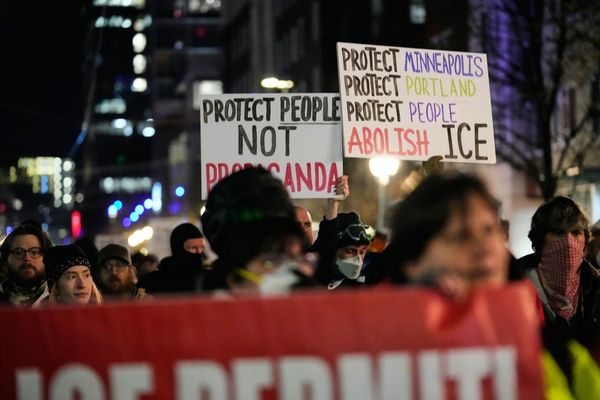
Trying to generate trust and consensus without substantive social change is a fool’s errand – history shows the disintegration of trust in the old order is essential to such change
Opinion: There has been a number of expressions of concern recently about division and discontent in our little corner of the planet. A paper released during the week from the “think tank” Koi Tū, “Addressing the Challenges to Social Cohesion”, is one of the more thoughtful expressions, quite distinct from more electoral-driven efforts which typically seek to stir up social division to simply bemoan it or to pose usually totally inadequate solutions to the image created.
The idea is that Aotearoa New Zealand is somehow moving from a high trust to a low-trust society, becoming polarised, and riven by division from facts to objectives.
READ MORE:
* The ‘podium of truth’ approach to public discourse must end
* Clashes a catalysing moment for NZ’s fringe
The first universal thing to observe is that, if true, this is a process much observed in other comparable societies. There is survey data that backs up this perception, though some of this must be tempered by a common human trait to see social change on a trajectory of this kind. Thus the common reference by older people to how negatively things have changed from their youth.
To face the environmental, political and equity challenges of our age we cannot rely on the institutional and social structures which have created those challenges
The second general observation which is important is that such perspectives are most often from those in society who are newly challenged by change, rather than those who have had problems all along. The established elites, their perceptions, their institutions, their acolytes and their media will feel the fear of change and regret it, even catastrophise it, as they try to resist. In simple terms it makes sense for those who are the main beneficiaries of any state of affairs to resist any threat to it.
Thus, in the words of one Koi Tū author “New Zealand needs to pay more attention to strengthening both institutional and social trust and staying on top of factors that might weaken them.” I may be in a minority (been there before) but I’m not convinced this is right. I think maybe what we need is increasing and rigorous examination of the institutions and social structures “we” may have previously trusted, not their strengthening.
I do not fully subscribe to Mao Zedong's saying that “there is great disorder under heaven; the situation is excellent”. But I am of the view that to face the environmental, political and equity challenges of our age we cannot rely on the institutional and social structures which have created those challenges.
My reading of history is that disintegration of trust in the old order is an essential prerequisite to substantive change in how human societies work. That has been true of religions, feudal and monarchical systems, empires, colonies – you name it. The often observed “cause” of big change has been war and plague/famine/“natural” disaster-like events and the mechanism of change has been through the same collapse of trust.
It is also very typical of such epochal change that the collapse of trust, of cohesion, takes place slowly, imperceptibly for a time. It is like Hemingway put it in The Sun Also Rises about going bankrupt: “Two ways. Gradually, then suddenly”.
We seem to be in the gradual phase of social bankruptcy of an old order.
One reaction is to hope the appearance of collapsing social trust is not terminal. To work to shore up the established ways of doing things. That the elites can pretend and persuade enough of the population that we need to go back rather than forward. That we have simply taken some wrong turnings but the road and the destination remain the same. Not hard to find electoral candidates in that space.
Another reaction is to pretend or persuade that change can be incremental and not costly to elites. That there is an administrative or managed solution to the big issues. That all can be accommodated without disruptive friction in the process. Not hard to find those candidates either.
But when you look at the scale of the real issues humanity (and our little corner of it) faces, when you think about the pace and depth of changes already underway, when you do that your mind can only reject the triviality of the responses being proposed from well-meaning and self-serving sources alike.
You can see that the issue is not gang funeral behaviour. Not bridge and road repairs. Not road signs.
Not tax scales or incentives. Not vaccinations. They all matter, but we are not, in fact, all in this together. We have real differences that often really do clash.
Trying to generate trust and consensus and cohesion without substantive social change in what we are doing and how we are doing it is surely a fool’s errand. It must be better to fully recognise the very different interests we have and find new ways to work on these. Maybe we are better to accept that social division and distrust is real, with very real and rational bases, and target those.







